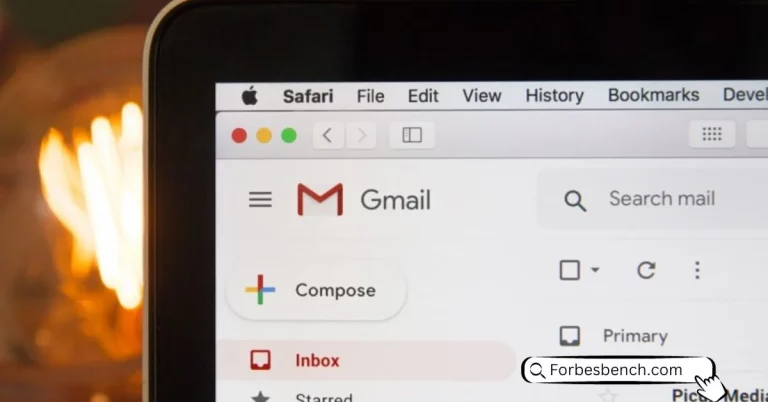Google said that it will impose limitations on bulk senders that will lessen the flow of unwanted emails in an effort to make Gmail spam-free.
By implementing a series of adjustments that will have a considerable effect on bulk senders, Google is taking a stand against unsolicited emails and spam. A cleaner, safer, and more effective email ecosystem is what these reforms are designed to achieve.
Beginning in 2019, Google’s new regulations will raise the bar for bulk senders by requiring more stringent email verification, streamlining the unsubscribe procedure, and reducing spam levels.
Making Gmail Spam-Free
Google is allegedly going after mass senders that frequently overburden Gmail with messages.
In essence, bulk senders are people who send over 5,000 messages each day to Gmail accounts. This broad category includes a range of organizations, from established enterprises and IT behemoths to new startups and B2C businesses dependent on email marketing.
Gmail initially required emails sent to Gmail accounts to go through authentication in order to increase email security. This procedure was essential for removing imposters hiding in bulk emails.
Google’s new rule goes further even though it caused a 75% decrease in unauthenticated messages. Bulk senders must strictly authenticate their emails by following industry best practices by February 2024.
According to Google product manager Neil Kumaran, “These changes are like a tune-up for the email world, and by fixing a few things under the hood, we can keep email running smoothly.”
He compared the new approach to a tune-up, which is not thought of as a one-time activity. According to Kumaran, the business wants to improve Gmail’s usability and eliminate spam for all email users.
Bulk Emailers Can Unsubscribe With Just One Click
Users will need a simple, one-click unsubscribe option from bulk senders. This action aims to respect user preferences and improve user experience. The new policy also mandates that requests to unsubscribe must be handled within two days.
According to TechCrunch, Google will also demand that bulk senders maintain a low spam rate.
Users who consistently label a sender’s emails as spam risk having their inboxes blocked. This step encourages users to keep their inboxes organized while also holding senders accountable for the quality of their emails.
In order to execute these policies universally, Google works in collaboration with business partners rather than operating independently. Yahoo, a significant participant in the tech sector, has previously backed these revolutionary initiatives.
While these modifications may initially provide difficulties for mass senders, they represent a healthy shift towards more open, user-focused email practices. All Gmail users should enjoy receiving emails more as a result of Google’s proactive approach to combating spam and unwanted emails.
In the middle of the year, Google also provided Gmail users with some advice on how to avoid falling victim to “bank-raiding” hackers.
The dominant search engine warned users against clicking on links that seem too good to be true because it’s likely that they will steal your financial information even if you don’t enter it.
READ MORE: G25gle: Happy 25th Anniversary
